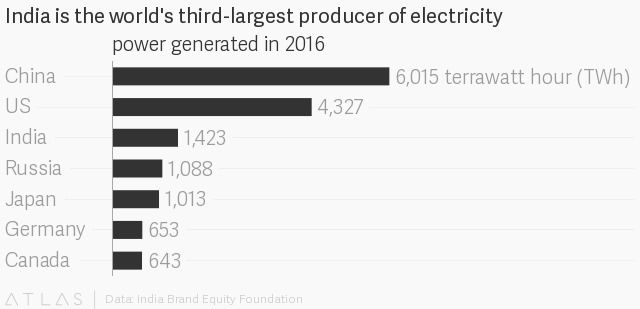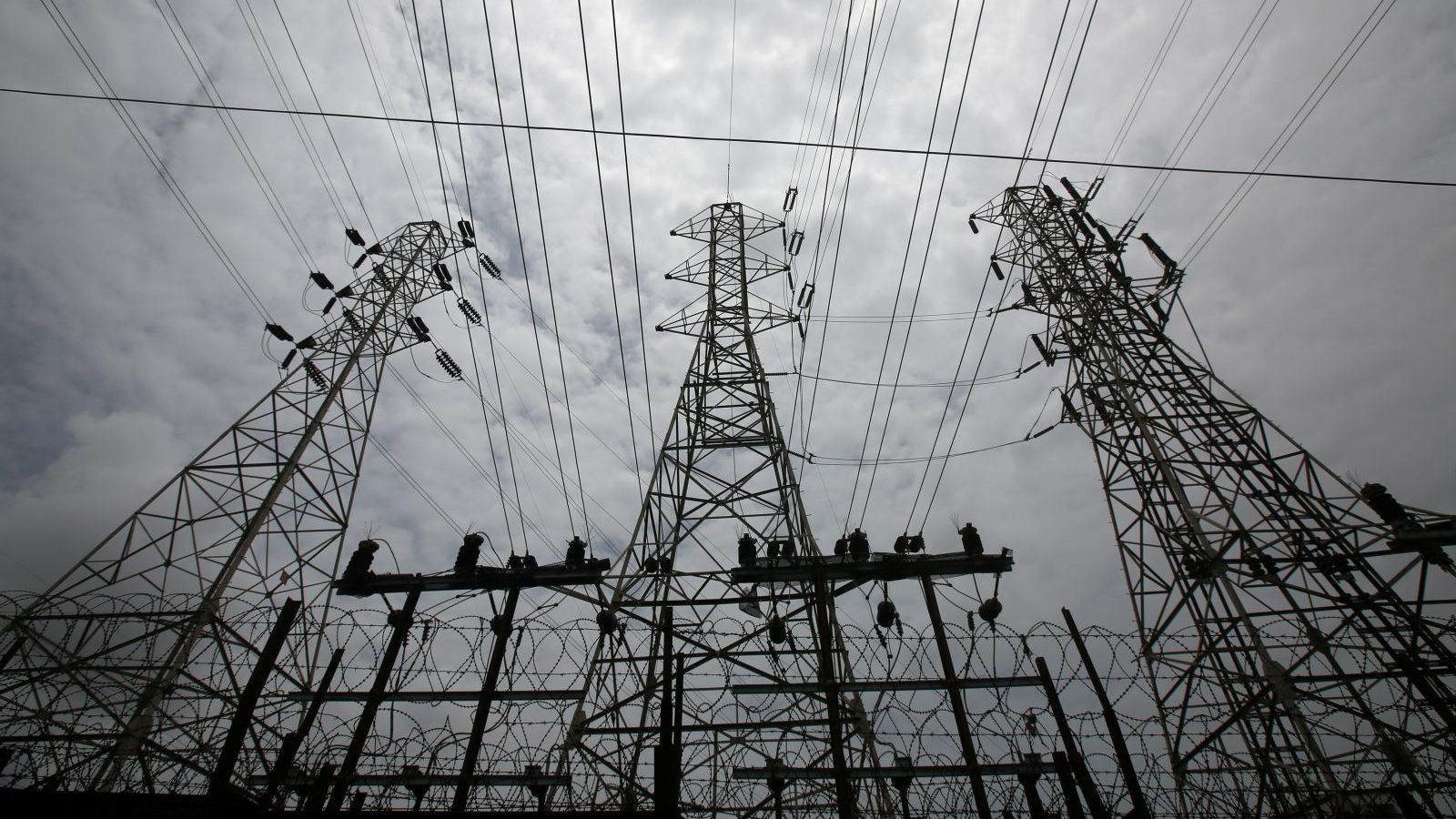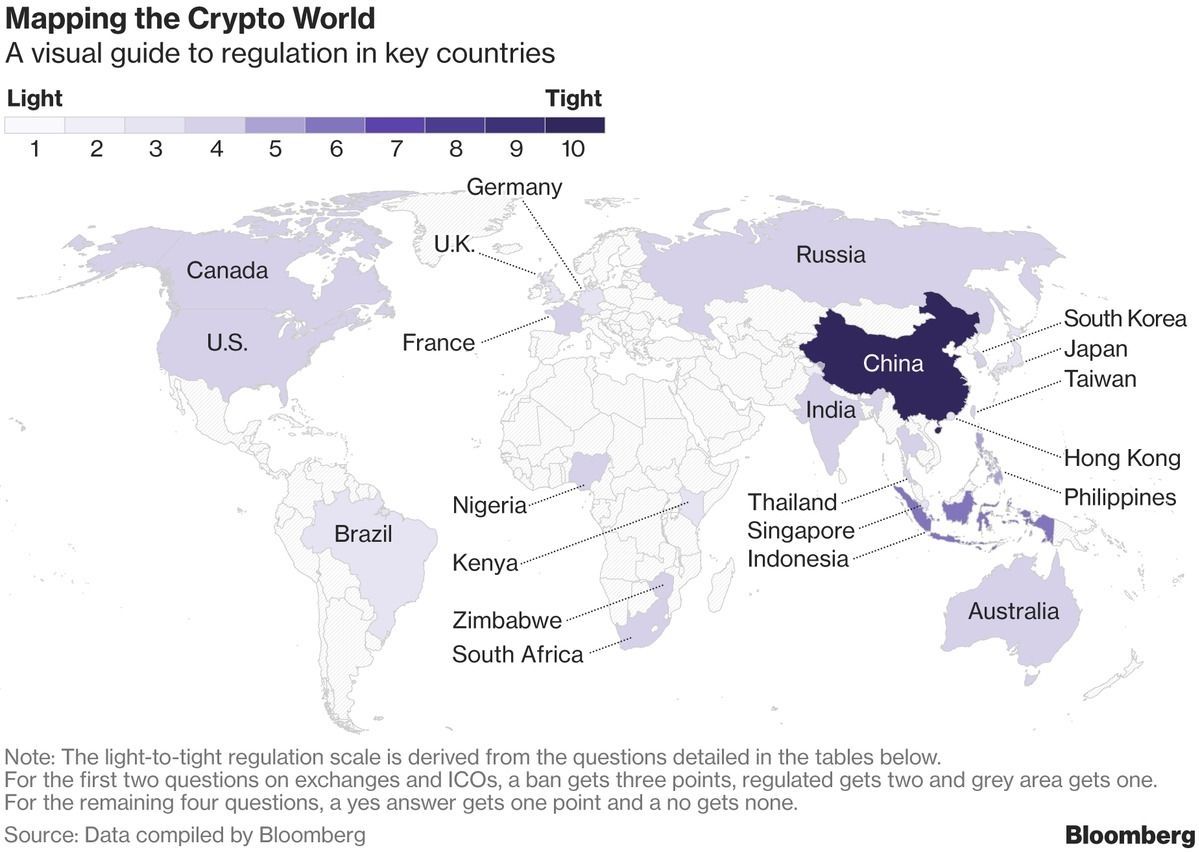Page 9812
Mar 26, 2018
Cellular Senescence in Cardiovascular and Metabolic Diseases
Posted by Steve Hill in categories: biotech/medical, life extension
Today, we wanted to bring your attention to a new open access paper. The authors here review the role of cellular senescence in the context of the cardiovascular and metabolic diseases of aging. This paper puts special focus on the aging of the vascular system and the role that accumulating numbers of senescent cells play in that process.
What is cellular senescence?
As the body ages, increasing amounts of cells enter a state of senescence. Senescent cells do not divide or support the tissues of which they are a part; instead, they emit a range of potentially harmful signals known collectively as the senescence-associated secretory phenotype (SASP). Senescent cells normally destroy themselves via a programmed process called apoptosis, and they are removed by the immune system; however, as the immune system weakens with age, increasing numbers of these senescent cells escape this process and build up.
Continue reading “Cellular Senescence in Cardiovascular and Metabolic Diseases” »
Mar 26, 2018
Psychographics: the science behind the Cambridge Analytica scandal
Posted by Yugal Agrawal in categories: economics, science
Kogan developed Kosinksi’s ideas, improved them, and cut a deal with Cambridge Analytica. Armed with this bounty – and combined with additional data gleaned from elsewhere – Cambridge Analytica built personality profiles for more than 100m registered US voters. It’s claimed the company then used these profiles for targeted advertising.
Imagine for example that you could identify a segment of voters that is high in conscientiousness and neuroticism, and another segment that is high in extroversion but low in openness. Clearly, people in each segment would respond differently to the same political ad. But on Facebook they do not need to see the same ad at all – each will see an individually tailored ad designed to elicit the desired response, whether that is voting for a candidate, not voting for a candidate, or donating funds.
Cambridge Analytica worked hard to develop dozens of ad variations on different political themes such as immigration, the economy and gun rights, all tailored to different personality profiles. There is no evidence at all that Clinton’s election machine had the same ability.
Mar 26, 2018
Facebook logs SMS texts and calls, users find as they delete accounts
Posted by Genevieve Klien in category: futurism

https://youtube.com/watch?v=7vo1u9JRZG8
Leaving the social network after Cambridge Analytica scandal, users discover extent of data held.
Continue reading “Facebook logs SMS texts and calls, users find as they delete accounts” »
Mar 26, 2018
This blockchain-based surveillance startup detects crime in real-time
Posted by Genevieve Klien in categories: bitcoin, computing, neuroscience, security, surveillance
A security company wants to modernize the “backward-looking” and “inherently inefficient” video surveillance industry by offering a blockchain-based system which allows users to react to threats in real time.
Faceter’s decentralized surveillance technology – which it claims is a world first for consumers – “gives brains to cameras” by enabling them to instantly detect faces, objects and analyze video feeds. Although some B2B providers do offer similar features, the company claims they are currently too expensive for smaller firms and the public at large because of the “substantial computing resources” such technology needs.
According to Faceter’s white paper, Blockchain has the potential to make this solution affordable for everyone – as computing power for recognition calculations would be generated by a network of miners.
Continue reading “This blockchain-based surveillance startup detects crime in real-time” »
Mar 26, 2018
India is now the world’s third-largest electricity producer
Posted by Genevieve Klien in categories: finance, government
India now generates around 1,160.1 billion units of electricity in financial year 2017, up 4.72% from the previous year. The country is behind only China which produced 6,015 terrawatt hours (TWh. 1 TW = 1,000,000 megawatts) and the US (4,327 TWh), and is ahead of Russia, Japan, Germany, and Canada.

Total electricity production stood at 1,003.52 billion units in India between April 2017 and January 2018. “Multiple drivers (like industrial expansion and rising per capita income) are leading to growth in power demand; this is set to continue in the coming years,” said a report by the India Brand Equity Foundation (IBEF), an arm of the Indian government’s ministry of commerce.
Continue reading “India is now the world’s third-largest electricity producer” »
Mar 26, 2018
China’s out-of-control space station will crash back to Earth this weekend
Posted by Genevieve Klien in category: space
By.
Mar 26, 2018
What the World’s Governments Are Saying About Cryptocurrencies
Posted by Genevieve Klien in categories: bitcoin, cryptocurrencies, finance, law, policy
Getting your head around cryptocurrencies was hard enough before governments got involved. But now that policy makers around the world are drawing up fresh regulations on everything from exchanges to initial coin offerings, keeping track of what’s legal has become just as daunting as figuring out which newfangled token might turn into the next Bitcoin.
The rules can vary wildly by country, given a lack of global coordination among authorities. And while that may change after finance chiefs discuss digital assets at the Group of 20 meeting in Buenos Aires this week, for the time being there’s a wide range of opinions on how best to regulate the space. Below is a rundown of what major countries are doing now.
Mar 26, 2018
Scientists trace ransomware payments across the globe
Posted by Genevieve Klien in category: cybercrime/malcode
In ransomware attacks, your personal files are held hostage until you pay. Here are hackers’ most frequent targets and how they get their money.
Mar 26, 2018
Clean power is shaking up the global geopolitics of energy
Posted by Derick Lee in categories: energy, sustainability, transportation
This special report will look at the energy transition from the perspective of America, the EU and China as well as petrostates such as Russia and Saudi Arabia. It will pinpoint winners and losers. It will argue that America is at risk of squandering an early lead, obtained by using natural gas and renewables to slash emissions, promoting clean technology and helping pioneer the Paris agreement. China is catching up fast. Saudi Arabia and Russia are in most obvious peril.
TO ENTER TAFT, two hours north of Los Angeles, you drive along the “Petroleum Highway”, past miles of billboards advertising Jesus. God’s country is also oil country. Spread over the sagebrush hills surrounding the town are thousands of steel pumpjacks (pictured), contraptions that suck oil out of the ground. They look like a herd of dinosaurs. Some Californians would describe the oil industry in the same way.
The oil produced at Taft is not produced by hydraulic fracturing, or fracking, as much of it is in Texas and North Dakota. It is so heavy it needs to be steamed out of the ground, in a process known locally as “huff and puff”. Yet Kern County, with Taft on its western edge, produces 144m barrels of oil a year, the second highest output of any county in America. Fred Holmes, a third-generation oilman and patron of the West Kern Oil Museum, says he is proud of the heritage, however much it irks local drivers of electric Tesla cars that the Golden State has such a carbon-heavy underbelly. “Oil is renewable energy. It just takes longer to renew,” he quips. He has built a giant wooden derrick at the museum to celebrate it.
Continue reading “Clean power is shaking up the global geopolitics of energy” »

















